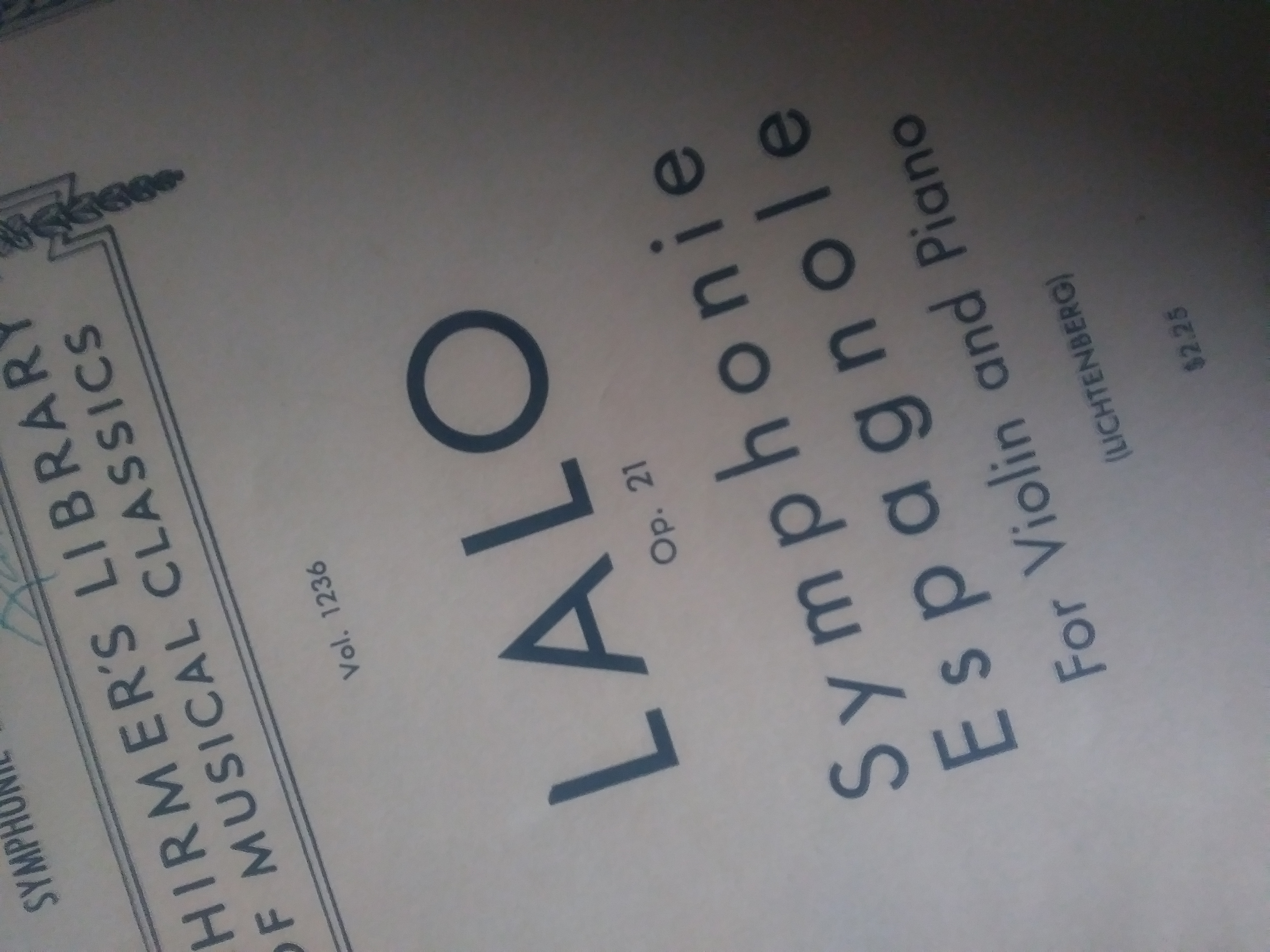OCTOBER 11, 2019 – Thanks to a recalcitrant lawnmower (ours) and my small, back-deck, do-it-yourself project, Herb came out of his shell and all the way up our driveway. If, as he informed me, he hadn’t gotten along with his domineering father, he did take after him when it came to tools, small engines, mechanical challenges. In his peculiar way, Herb offered me suggestions, volunteered his tools and even his own elbow grease. Last winter he used his heavy-duty snowblower to clear our driveway—without asking for recompense for gas.
These connections allowed for expanded conversations, always initiated by Herb and usually when I was putting trash or recycling into our alley bins. He started each exchange by nervously clearing his throat. Over time I developed respect, even admiration for Herb’s erudition. He quoted Shakespeare at length and knew much about science.
I learned that he’d been a camera man for a large CBS affiliate in southern California; taken long-haul motorcycle trips across the West; dated a woman—or two. The latter information slipped out now and again, but not in a way or context that invited inquiry or clarification.
One day one summer while I was practicing my violin upstairs, with the backroom window open, I noticed Herb sitting in his backyard, as he often did—in his broad-brimmed hat, looking old, staring into space.
I felt sorry for him as I contemplated his lonely existence. I wondered what thoughts coursed through his mind as he sat there or when he putzed around his yard, inside his garage or in his basement (where through the window, we’d see a single bare lightbulb turned on).
Once he asked if I could lend a hand to help maneuver a new water heater through his back doorway, across the faded kitchen linoleum, and down a flight of rough wooden stairs into that basement. It would be the only time I ever gained entry into his lair.
If what little I saw was habitable, it was long-overdue for upgrades. The basement was dingy and so full of things, individual elements lost their identity. What surprised me were a collection of presentable oil paintings by Herb’s mother. I’d known nothing about her except her name, Irene, and that she never missed Saturday mass.
Soon after that day I’d noticed Herb sitting in his backyard while I practiced my violin, he caught my attention as I tossed stuff into our alley recycling bin. He told me he’d enjoyed the sound of my violin and asked what “song” I’d been playing. Several days later he told me he’d found a violin piece on the internet that he’d really liked—“Symphonie something,” he said.
“Symphonie Espagnole, maybe?” I said.
“Yeah, I think so. That sounds right.”
I told Herb I’d worked that piece to death in my youth. I used that as a springboard for a story about Symphonie Espagnole and World War II—an epoch that I’d learned was of interest to him.
(Remember to subscribe to this blog and receive notifications of new posts by email.)
© 2019 Eric Nilsson
